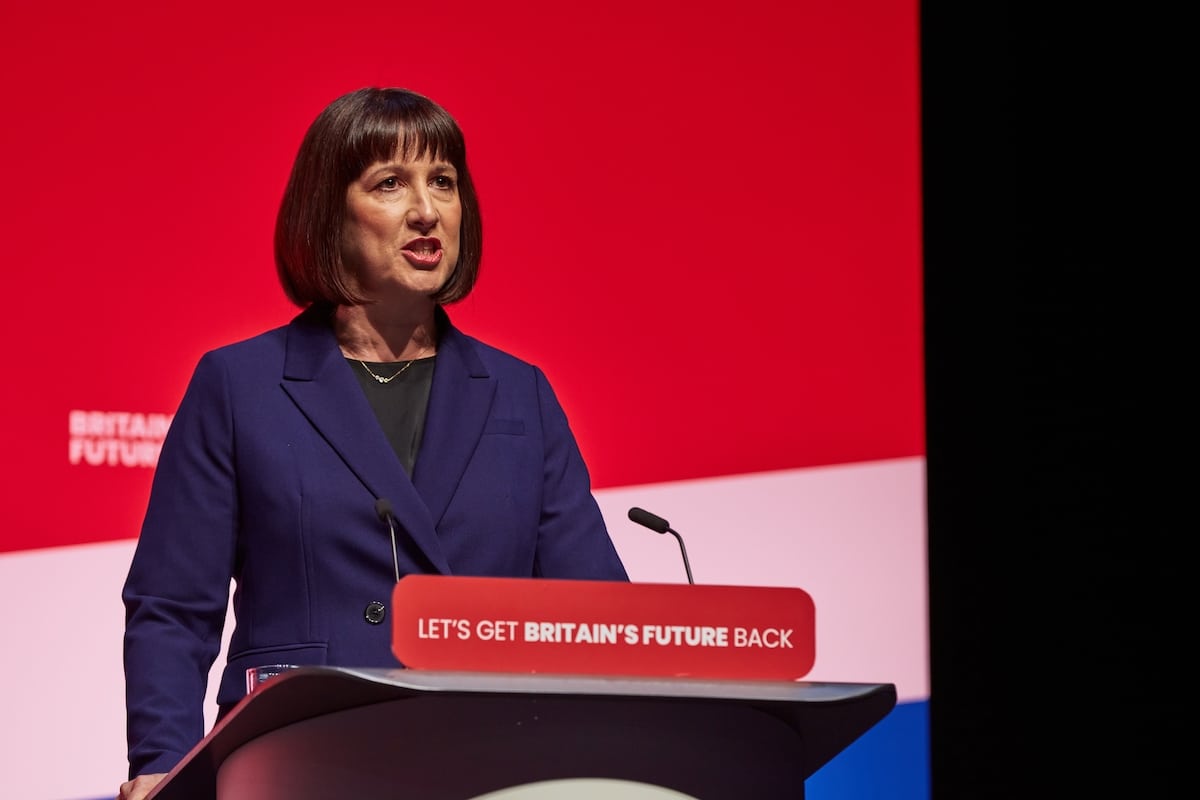It’s easy to think of Labour and the Conservatives as fundamentally different beasts. But under Keir Starmer, Labour has slowly inched closer to the centre, shedding many of its more distinct features in favour of a broader appeal. Here’s a look at how the supposed political rivals have more in common than you might want to admit.
1. Economic Policy Alignment
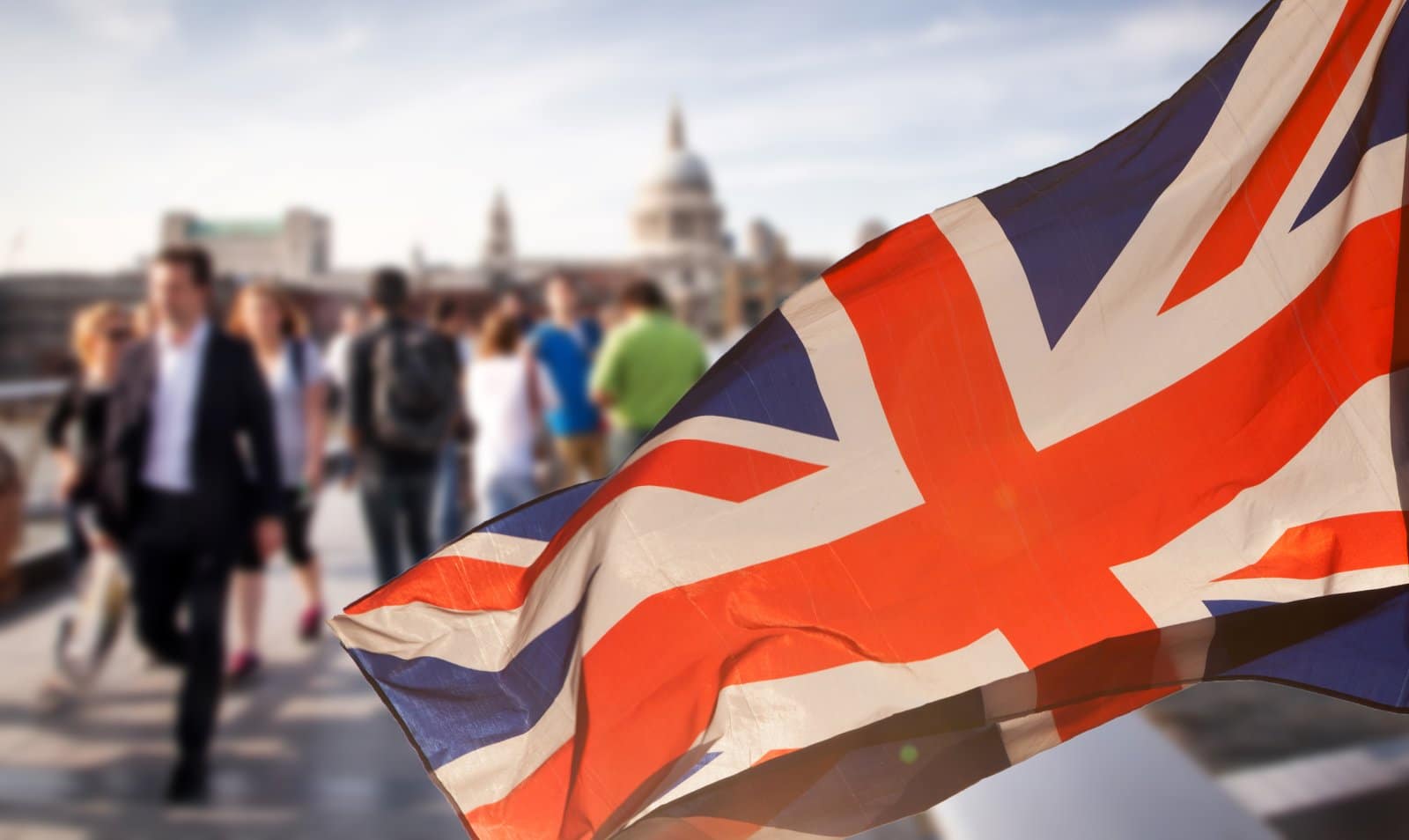
Let’s start with the obvious: both parties claim to be champions of the economy, yet they seem to operate from the same playbook. Starmer’s Labour has pledged to follow Conservative fiscal rules, much like Tony Blair did. Despite all the rhetoric, it’s hard to tell where one party’s economic policies end and the other’s begin.
2. Immigration Controls

Both parties have taken a hard line on immigration. Starmer’s Labour has shied away from reversing many of the strict controls introduced by the Conservatives. They both talk tough on borders, proving that when it comes to immigration, there’s not much light between them.
3. NHS Funding: More of the Same

Both Labour and the Conservatives pledge to fund the NHS adequately, and yet, the system continues to struggle. Despite their promises, both parties seem content with superficial changes that don’t fundamentally alter the NHS’s trajectory. The differences are more about rhetoric than substance.
4. Defence and Security
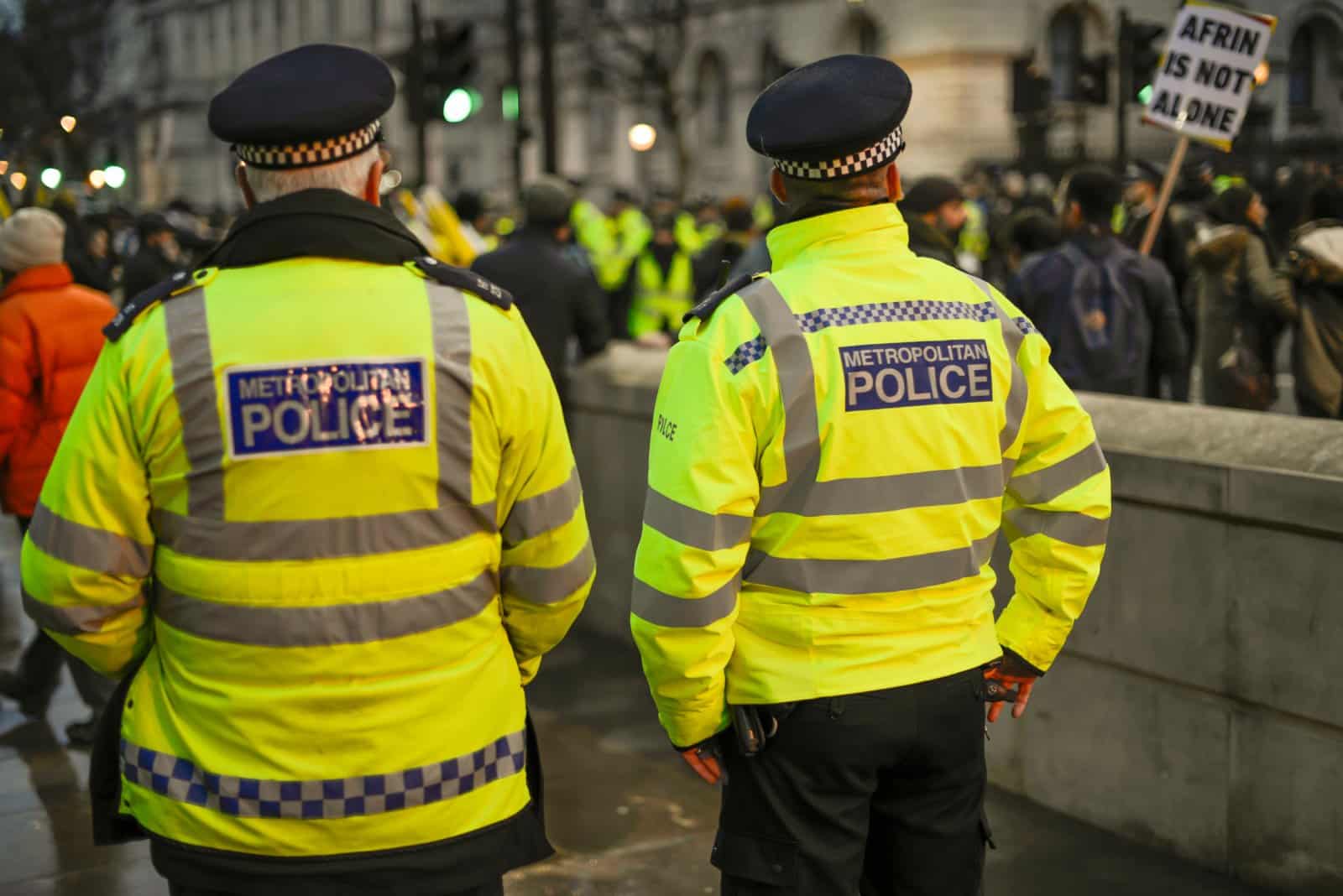
On national security, both parties are birds of a feather. Labour under Starmer has continued to support the UK’s nuclear deterrent and NATO commitments, mirroring Conservative policies. It’s clear that when it comes to defence, neither party wants to rock the boat.
5. Trade and Globalization
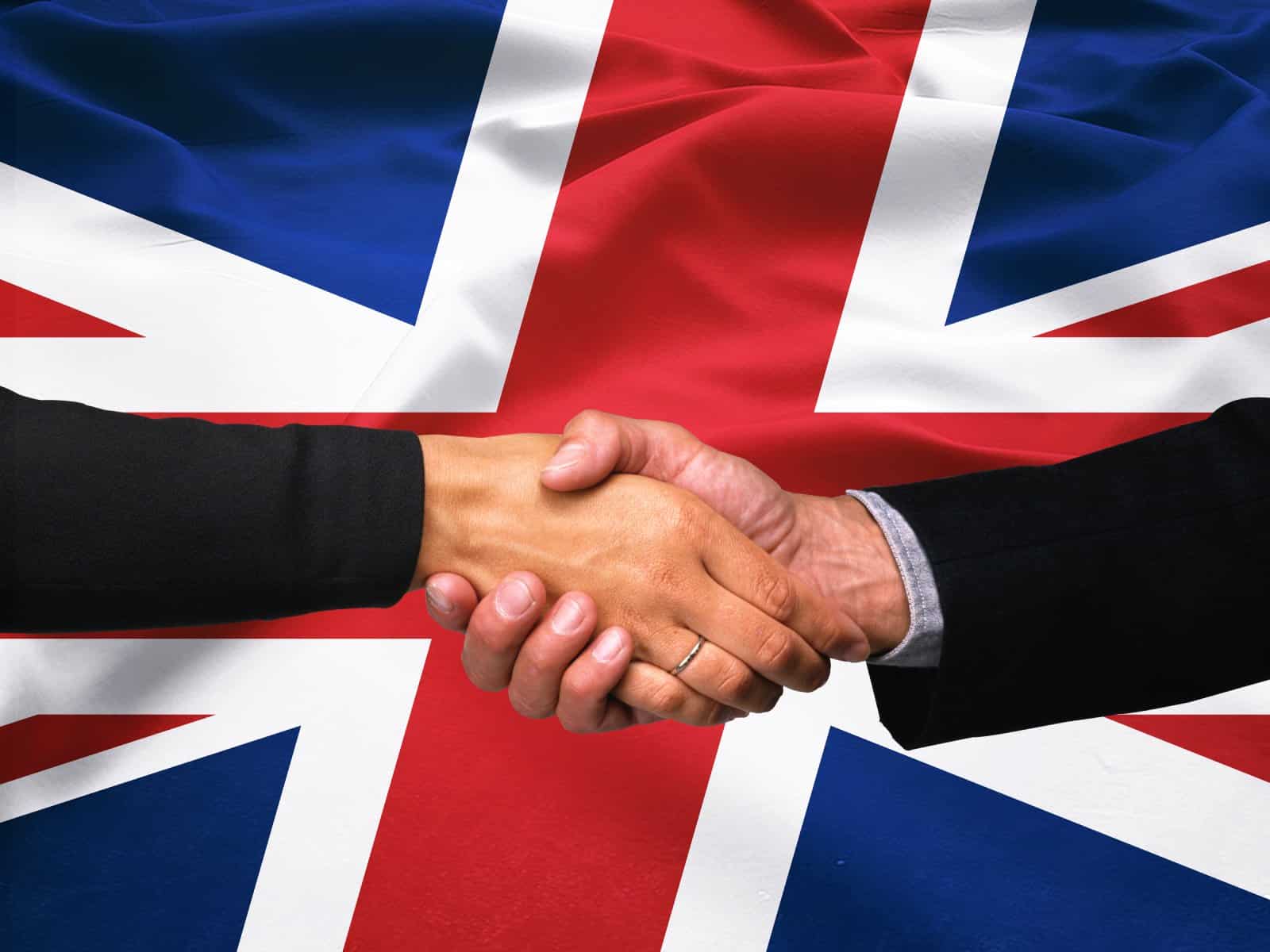
Global trade? Both parties are on board. Despite Brexit, both Labour and the Tories support maintaining strong international trade relationships. Labour’s stance on trade has barely budged from the Tory line, showing that when it comes to the economy, the real debate is more about tone than substance.
6. Flexible Working Rights

Here’s a policy that both parties can pat themselves on the back for: making flexible working a day-one right. It’s a nice-sounding policy that both Labour and the Conservatives have adopted, but let’s not pretend it’s a game-changer. It’s more about optics than real worker empowerment.
7. Public Sector Pay and Conditions

Both Labour and the Tories like to play the hero when it comes to public sector pay. But in reality, both parties have supported pay freezes and modest increases that barely keep up with inflation. They might argue over the details, but the outcomes are remarkably similar.
8. Environmental Promises

Climate change rhetoric is strong on both sides, but Labour recently stepped back from its ambitious £28bn green energy pledge, aligning itself more closely with the Conservatives’ less ambitious, business-friendly environmental strategies. The differences are shrinking, and the planet continues to heat up.
9. Welfare and Social Security

Labour and the Conservatives both talk a good game about supporting the vulnerable, but neither party is rushing to overhaul the welfare system. Labour’s approach under Starmer focuses on tweaks rather than transformative change, sticking closely to the Conservative line.
10. Education Reforms

In education, Labour’s support for the academy schools programme shows they’re not too different from the Conservatives. Both parties push for higher standards and accountability, but neither seems willing to address the deeper structural issues plaguing the system.
11. Housing and Homeownership

Both parties have been promising to fix the housing crisis for years. Labour’s latest plans to build 1.5 million homes sound ambitious, but it’s not that different from Conservative promises of the past. In practice, both parties struggle to deliver on these grand ambitions.
12. Anti-Terrorism Measures

When it comes to anti-terrorism, Labour and the Tories are in lockstep. Both support extensive surveillance powers and stringent laws to combat terrorism, often at the expense of civil liberties. The shared commitment to security comes at a predictable cost.
13. Mental Health Initiatives

Mental health is a rare area of consensus, with both parties pledging more resources and support. But despite the talk, the system remains underfunded and overstretched. Labour’s plans might sound more compassionate, but they’re not radically different from Conservative policies in practice.
14. Infrastructure Investment

Infrastructure is a favourite talking point for both parties, yet the results often leave much to be desired. Labour’s promise to overhaul transport and build new homes echoes Conservative pledges from the past, with both parties falling short on delivery.
15. Public Service Broadcasting

The BBC and other public service broadcasters have the support of both Labour and the Conservatives, at least in principle. However, both parties have been guilty of undermining the BBC’s independence and funding, showing that their support is more conditional than they’d like to admit.
16. Social Welfare Reforms

Labour under Starmer has focused on refining rather than overhauling welfare, sticking close to the Conservative blueprint. Both parties seem more interested in managing the system than in addressing its underlying flaws.
17. Policing and Crime

Both parties have made bold promises to increase police numbers and tackle crime, yet public confidence in the police continues to wane. Labour’s proposals are a slightly more progressive take on the same Conservative policies that have dominated for years.
18. Maternity and Paternity Rights

Strengthening family leave rights is a cause both parties can agree on, but neither has pushed the envelope very far. Labour’s proposals build on existing Conservative policies, showing that when it comes to family rights, they’re more alike than they are different.
19. Digital Economy and Regulation

The digital economy is an area where both parties recognize the need for regulation, but neither is willing to take bold action. Labour’s proposals largely mirror Conservative plans, focusing on incremental changes rather than the sweeping reforms needed to tackle big tech’s dominance.
20. Anti-Corruption and Transparency

Both parties claim to support greater transparency and anti-corruption measures, yet scandals continue to emerge from both sides of the aisle. Labour under Starmer has promised to clean up politics, but their approach isn’t radically different from the Conservatives’.
Dig Deeper
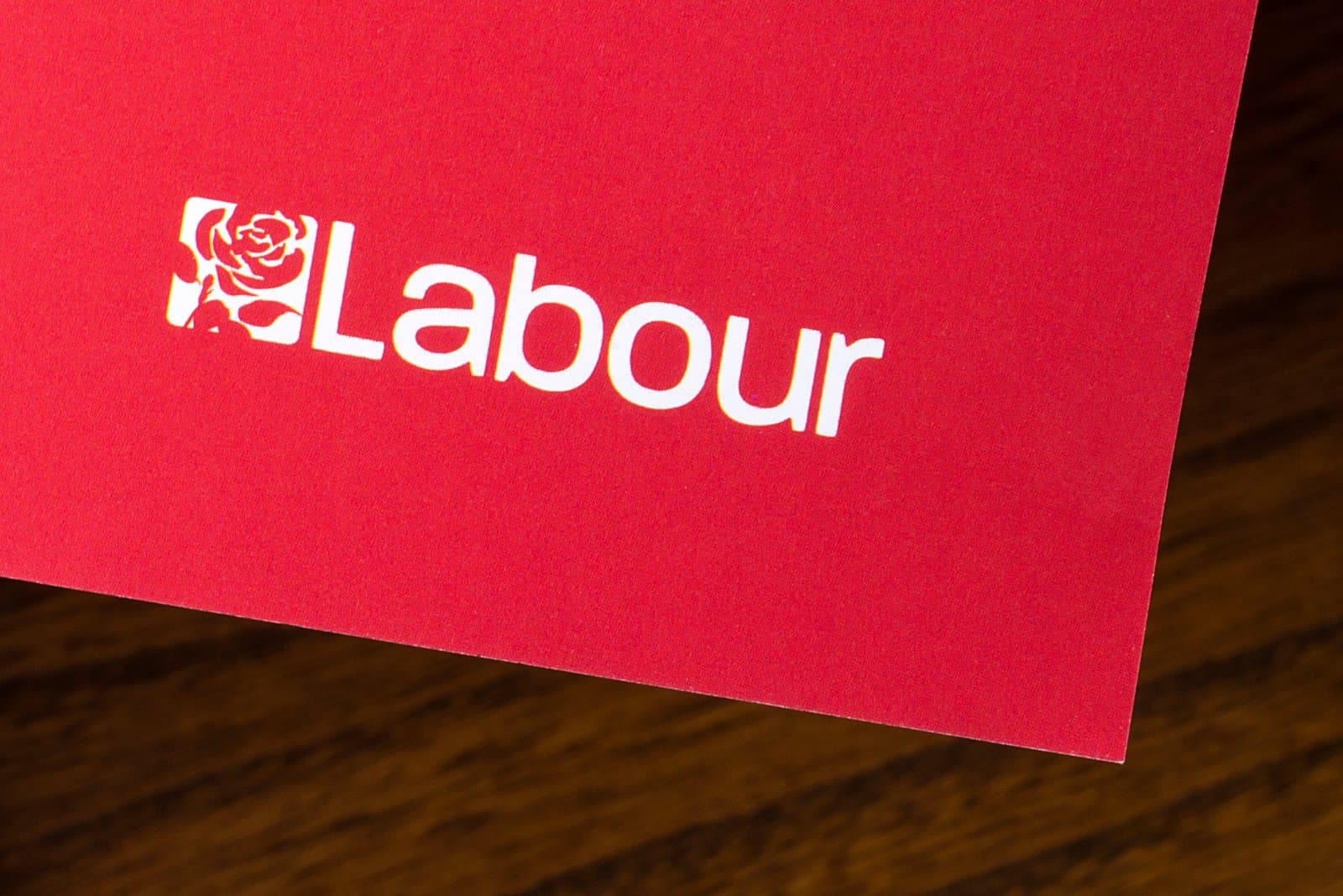
The differences between Labour and the Conservatives are often more about branding than substance. While they might argue over the details, when you dig deeper, it’s clear that on many issues, they’re two sides of the same coin.
The Great Escape: Wealthy Brits Flee to Dodge Labour Taxes
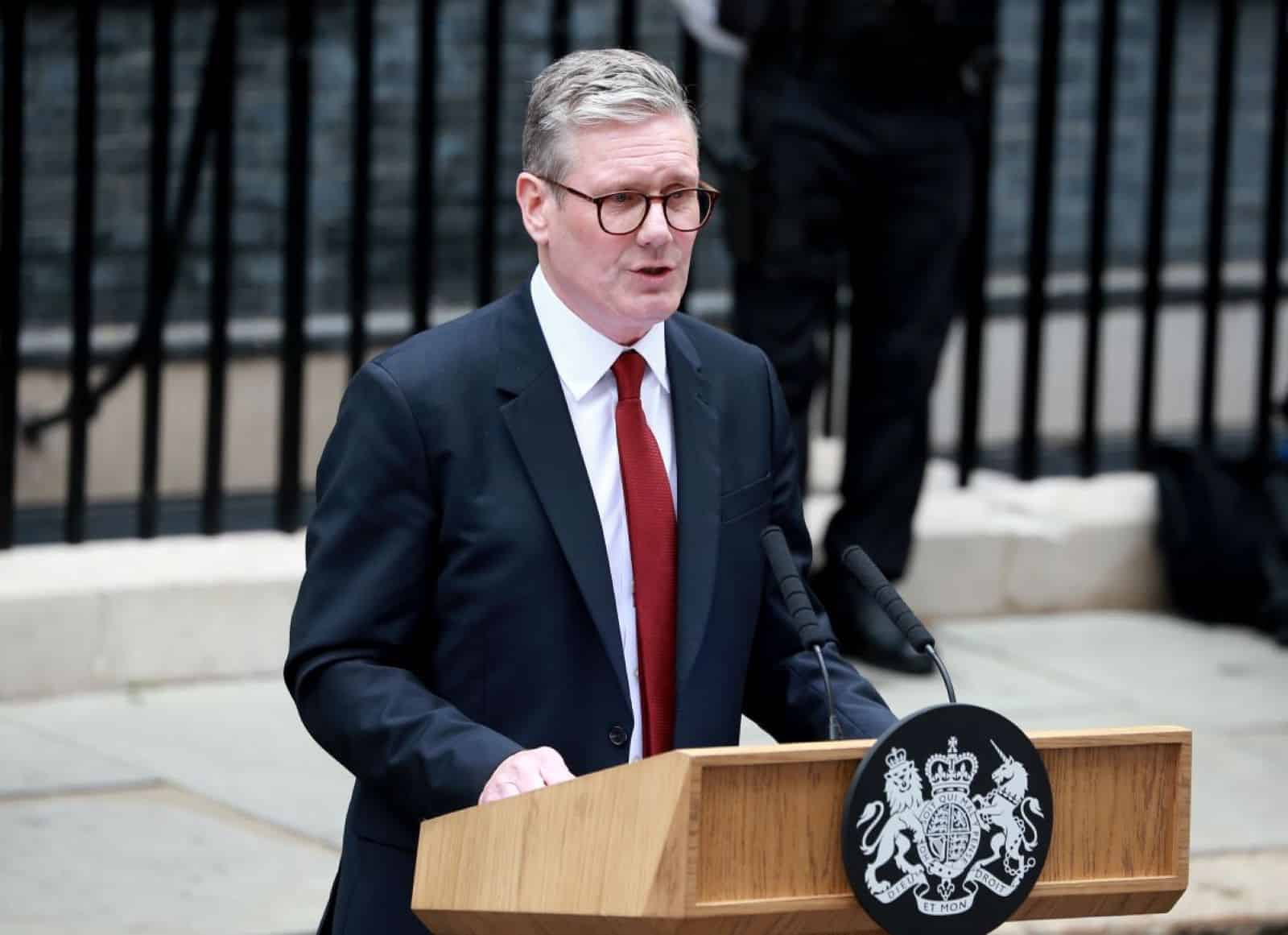
As the UK prepares for potential tax reforms, the wealthy flee in droves to avoid paying their fair share, sparking a contentious debate over tax avoidance and economic unfairness. Here’s the full story. The Great Escape: Wealthy Brits Flee to Dodge Labour Taxes
20 Signs Millennials Are Rejecting the UK’s Woke Culture

Are Millennials across the UK starting to question the pervasive ‘woke’ culture? As they navigate an increasingly complex social and economic landscape, many are seeking more practical, nuanced approaches. 20 Signs Millennials Are Rejecting the UK’s Woke Culture
New Era: Labour Enforces Strict Immigration Control With Deportations and Convictions

More than 40 criminals and migrants are sent back to Vietnam and Timor-Leste. It’s a victory as a UK-based criminal gang is sentenced. Here’s the story. New Era: Labour Enforces Strict Immigration Control With Deportations and Convictions
Featured Image Credit: Shutterstock /Martin Suker
The images used are for illustrative purposes only and may not represent the actual people or places mentioned in the article.
For transparency, this content was partly developed with AI assistance and carefully curated by an experienced editor to be informative and ensure accuracy.

